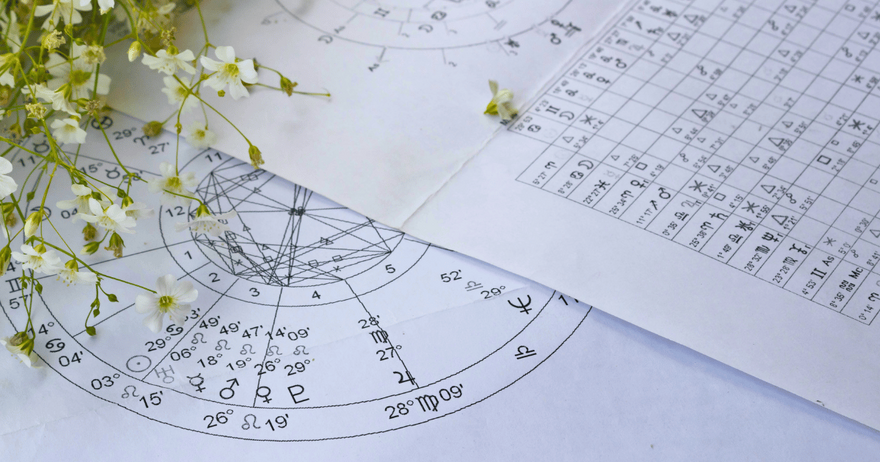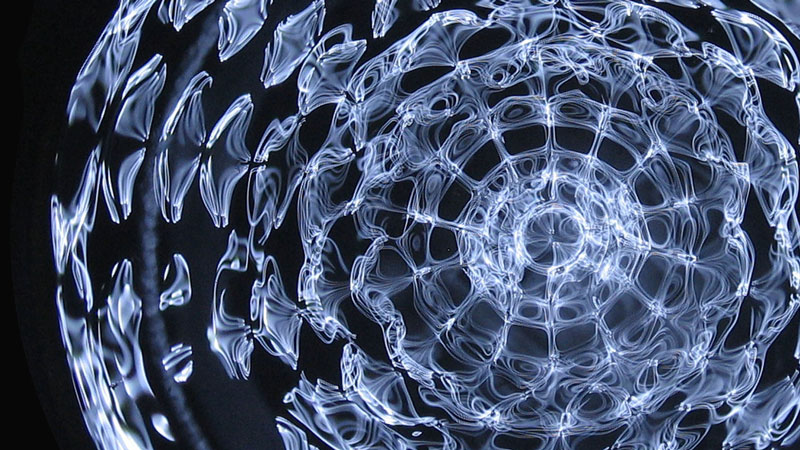King Zhou in the Shang Dynasty
As the last king of the Shang dynasty (1600 B.C.-1046 B.C.), King Zhou was on the throne for 52 years with Zi as his surname and Dixin as his posthumous title, and he was called King Zhou (meaning a cruel king) by King Wu (the founder of the Zhou dynasty). King Zhou chose Mo as the capital and renamed it to Chaoge (present Qi County in Henan Province) later.
The legend went as that the eldest son of King Diyi (father of King Zhou), Qi, was supposed to take the throne after the death of King Diyi, but he was deposed owing to the low social status of his mother, so Dixin (the second elder son of King Diyi) ascended to the throne, who was known to the world as King Zhou. It was recorded in Xunzi (the book written by the famous philosopher, Xun Zi) that: “He (Dixin) is very handsome and outstanding, who can rival a hundred soldiers in war”. In the Book of History written by Sima Qian from the Western Han dynasty (206-25) recorded that: “He (Dixin) is very smart and charming, who can fight against a tiger with bare hands.”
Great importance was attached to the agriculture industry by King Zhou after his ascending the throne, which substantially stimulated the development in the social productive force and made the Shang Kingdom more powerful.
He was rather warlike, and he launched wars to aliens from the east and continued to expand his territory in Central China, extending his power beyond the Yangtze River area, and his victory over Xu Yi in war laid a good foundation for his influence on Shandong Province, Anhui Province, Zhejiang Province, Jiangsu Province and Fujian Province, guaranteeing the safety of the Shang dynasty. Chairman Mao appraised him as that: “He (Dixin) is a very capable king who was well versed in both polite letters and martial arts, linking the Central China and the Southeast China through wars, and he contributed a lot to the infusion among different ethnic groups of China.” The advanced manufacturing technology and culture were transmitted to the uncivilized Southeast China after King Zhou’s great unification, which greatly promoted the social progress and the economic development in this area.
He felt smug with his past achievements in his late reign, pumping millions of money to build the vast Deer Paradise, luxurious wine pools and magnificent palaces and living a magnificent way of life, which resulted in an empty nation’s coffer. What was even worse, he was too opinionated to listen to anyone else, killing Bi Gan (the Chancellor and the uncle of Emperor Zhou), imprisoning Ji Zi and suppressing the commoners with tortures. When King Zhou sent troop to suppress the aliens from the east again, he took no measures to guard against the aliens from the west, and King Wu of the Zhou dynasty (770 B.C.-221 B.C.) took this opportunity to attack the Shang army by allying another 11 smaller kingdoms in 1046 B.C., defeating him in Muye Battle. King Zhou committed suicide in the Deer Paradise, symbolizing the fall of the Shang dynasty.








